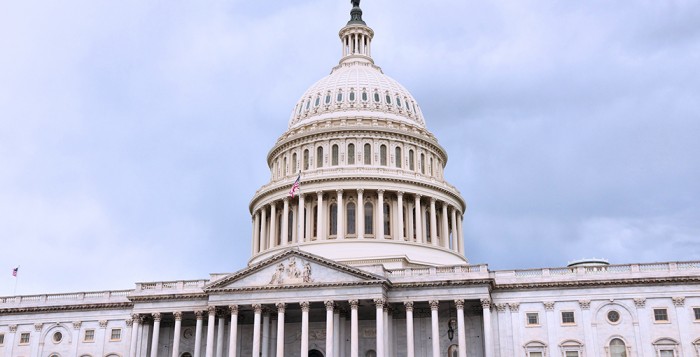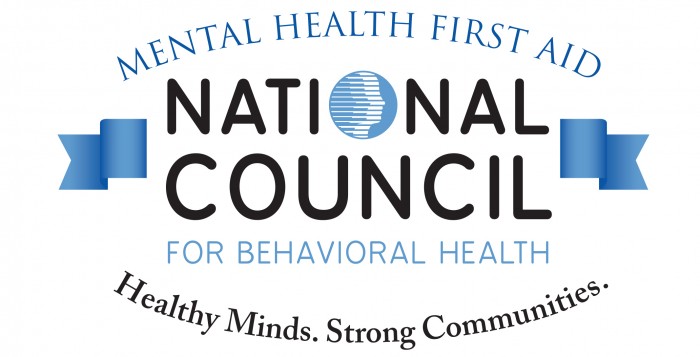By Chris Comisac
Bureau Chief
Capitolwire
HARRISBURG (April 22) – Back in February, readers will recall Capitolwire reported on the state Independent Regulatory Review Commission’s vote to approve regulations that seek to increase the earnings threshold below which certain individuals will be able to receive overtime payments from their employers.
New federal overtime regulations went into effect in January, increasing the aforementioned threshold and making 61,000 Pennsylvanian executive, administrative and professional (EAP) salaried workers newly eligible for overtime.
However, Gov. Tom Wolf’s administration, frustrated by the continued opposition by a Republican-controlled General Assembly to his desire to massively increase the state’s minimum wage hourly rate (from the current $7.25 to, ultimately, $15, with that then subject to annual rate-of-inflation adjustments), decided to push a plan to further raise the overtime threshold beyond the federal level. Senate Republicans had reached a deal with the Wolf administration to raise the hourly rate to $9.50 by 2022 in return for the overtime rule being scrapped, but House Republicans rejected the deal.
Instead of the current annual income threshold of $35,568, Wolf’s regulation raises it, by 2022, to $45,500 annually (with an automatic escalator every three years), which the administration estimates would initially make another 81,000 individuals eligible for overtime.
Many of Pennsylvania’s employers, both for-profit and non-profit, who have opposed the Governor’s minimum wage effort, also oppose the overtime idea, arguing it would be another devastating blow to the many employers who operate on the thinnest of profit margins, and make for a confusing regulatory environment, with different federal and state standards. Most Republican state lawmakers have sided with Pennsylvania’s employers.
On Tuesday, GOP legislators in the House employed the last option they have to prevent Wolf’s regulation from being implemented: the regulatory concurrent resolution.
As noted in Capitolwire’s February story, both legislative chambers can pass, by majority vote, a concurrent resolution rejecting the regulation. The Governor has the ability to veto that resolution, which would then require a two-thirds vote by both legislative chambers – within 30 calendar days or 10 legislative days, whichever is a longer period of time – to override that veto. Failure to do so will allow the regulation to be implemented.
However, while the concurrent resolution process is ongoing, the regulation is on hold.
There was a bit of a kerfuffle on Tuesday in the House prompted by Democratic claims the House could not consider the concurrent resolution, as it had failed to do so within the state Regulatory Review Act’s proscribed 10 legislative days “from the date on which the concurrent resolution has been reported” from committee (it was reported on Feb. 5).
However, Democrats were counting both the House’s non-voting and voting session days – which totaled 12, including Tuesday. House Speaker Mike Turzai, R-Allegheny, informed the Democrats that, as per House precedent set in 1988, only voting session days are considered – since the resolution could not be voted on non-voting session days – which made Tuesday the ninth legislative day since the resolution had been reported.
The Senate still has time to consider the resolution as Tuesday was the chamber’s eighth voting session day since Feb. 5. The Senate is currently on 12-hour call, but their session day schedule indicates their next session day is planned for May 4.
-30-



















